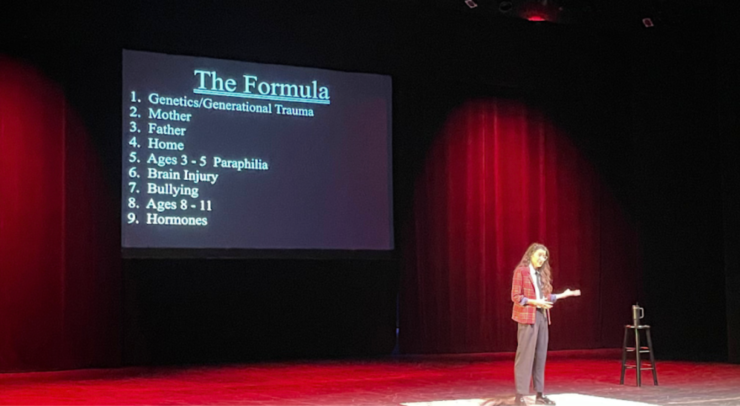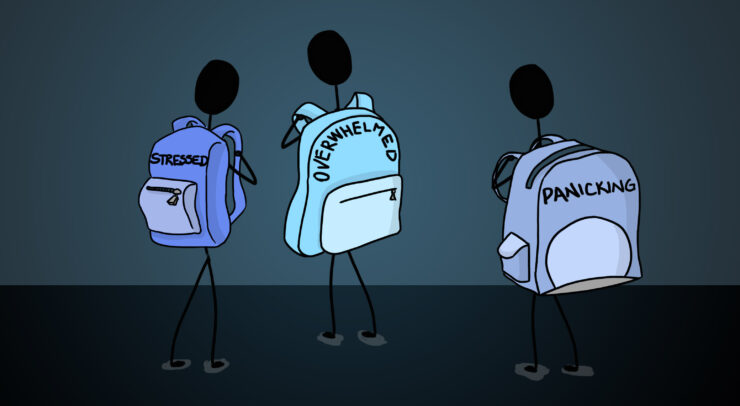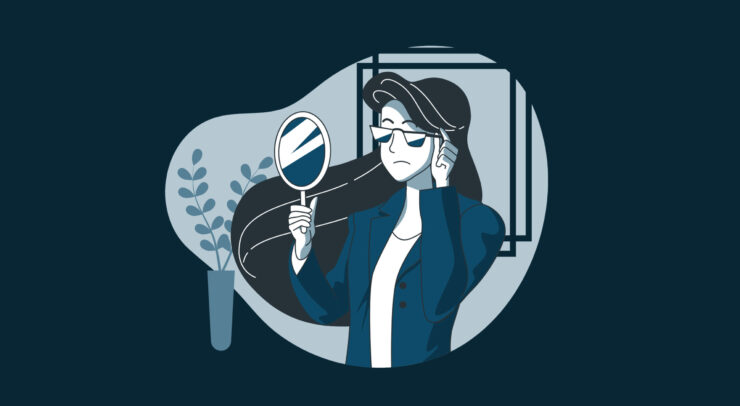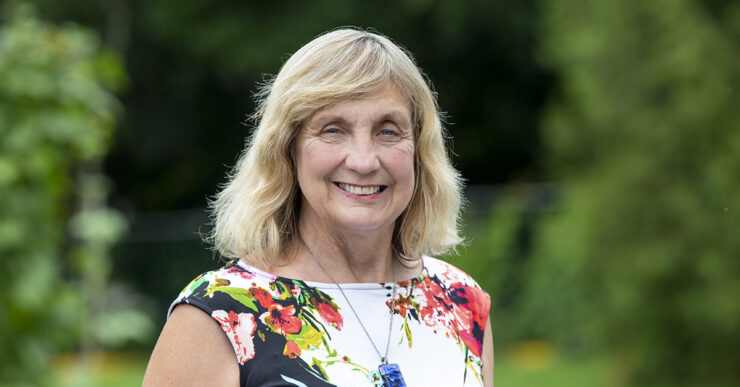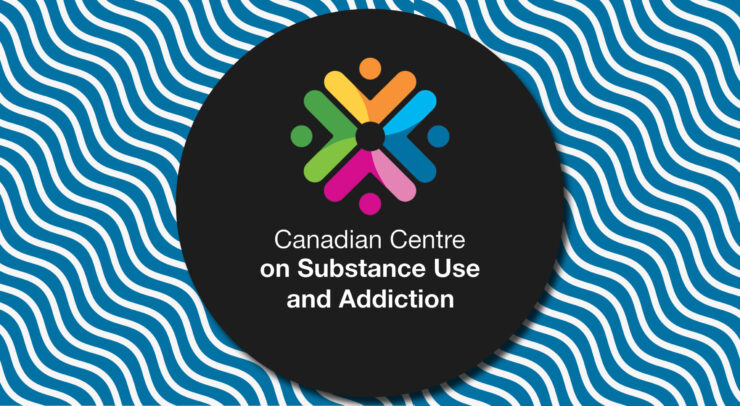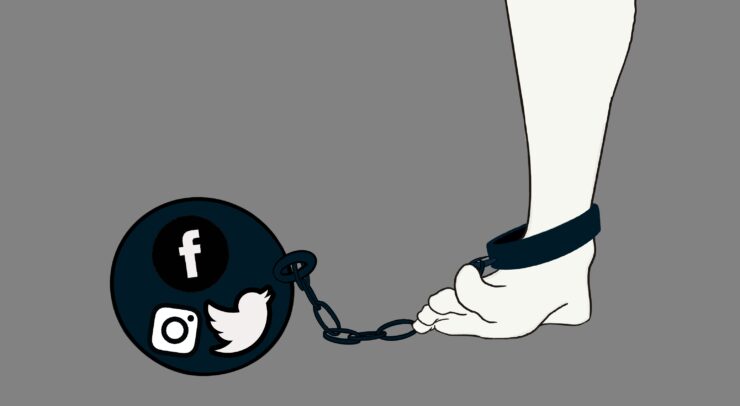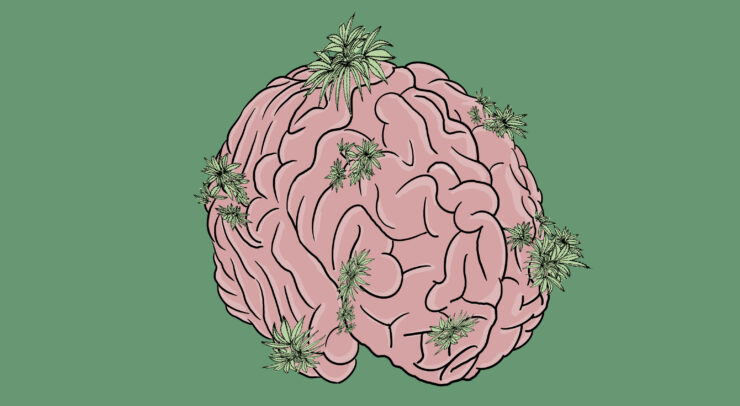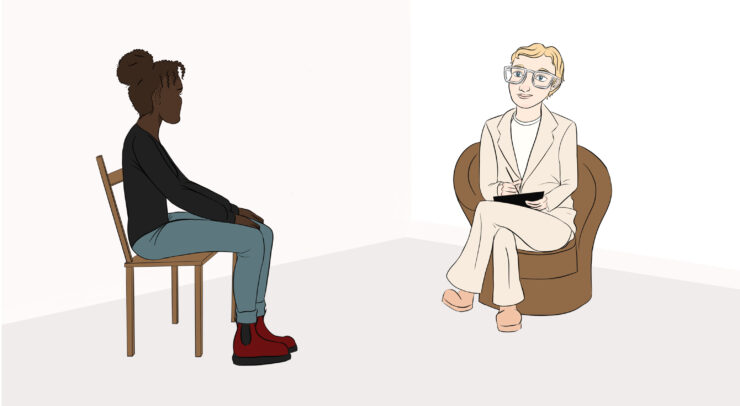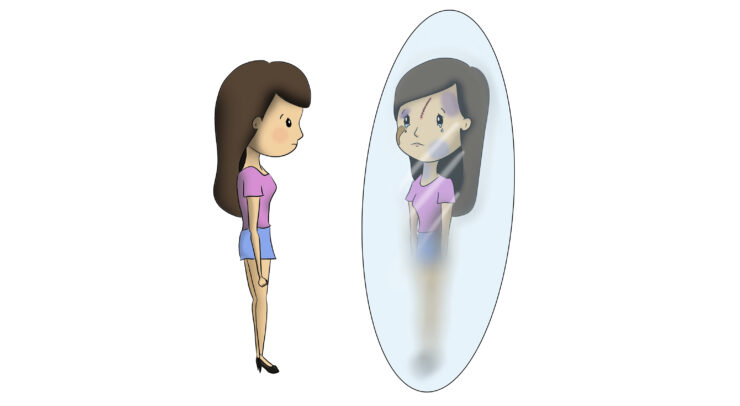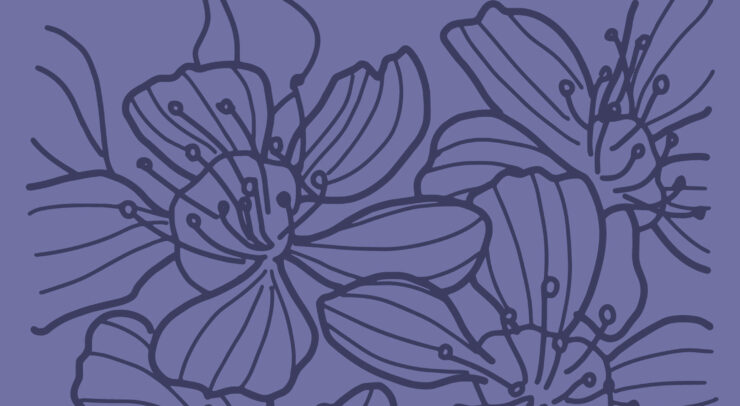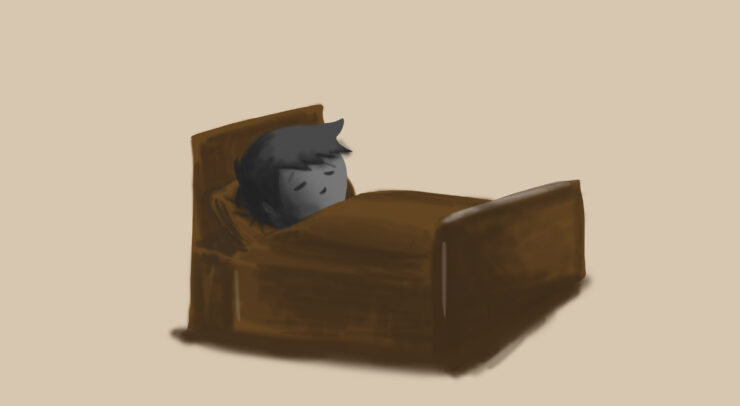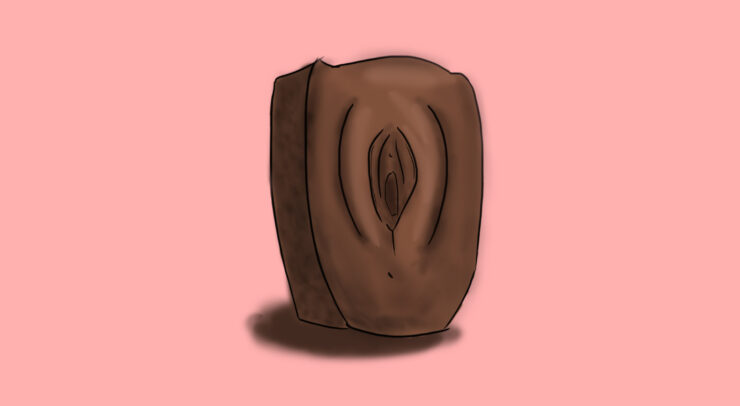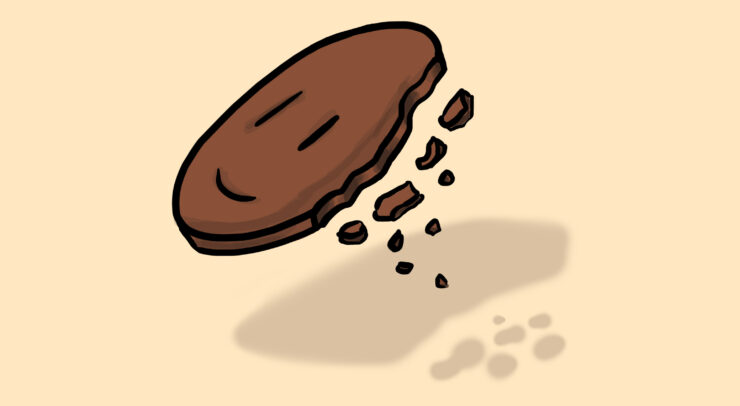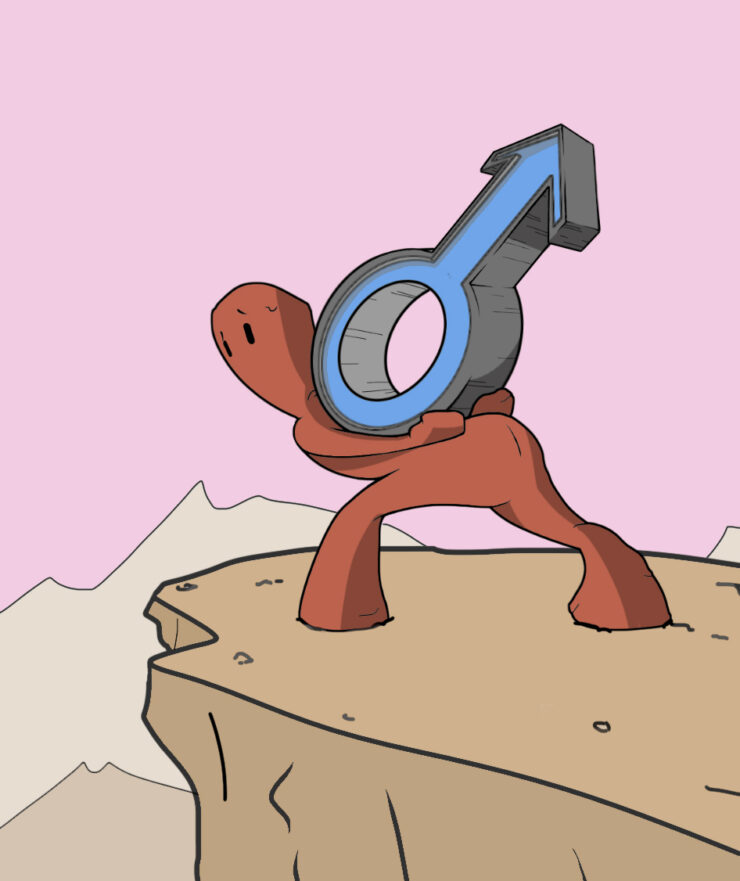Dr. Rachel Toles, a prominent clinical and forensic psychologist, invited us into the psychology of those who commit heinous acts, explaining what might drive ordinary individuals toward extraordinary darkness.
Mental Health
Still feeling distraught over the election? Try managing your feelings with some helpful strategies.
The hiring of two racialized counsellors marks a step in the right direction for the U of O’s provision of mental health care, but students maintain that there is much more work to be done.
Spring cleaning is back in season, but how can you incorporate it to better your mental health?
Have you ever experienced feelings of self-doubt or believed that you’re not as competent as your co-workers or classmates? Chances are, you might be experiencing imposter syndrome
As we usher in a new virtual semester, burnout is a looming threat for many buried under responsibilities. But it’s important to recognize your limits.
“I’ve said this many times before and I’ll say it again. Why is it important to conduct research on mental health in Black communities? Because I’ve seen too many young people with mental health problems suffer,” said Jude Cénat, an assistant professor of psychology at the University of Ottawa.
“I think always being honest and always being open to whatever people have to tell me and being honest about synthesizing that information and bringing it forward. I don’t have a whip, I don’t have much power, but I do have people listening to me,” says Elizabeth Kristjansson, the University of Ottawa’s new advisor on mental health and wellness
“There’s increased stress and anxiety among students because of the disruption and uncertainty caused by COVID-19,” said Rita Notarandrea, ceo of CCSA.
Echoing throughout the remnant stained glass of the former Sandy Hill All Saints Anglican Church on Sept. 17 was an emotional celebration of the first-ever diploma graduating class of the Inuit Community Support Worker and Management Trainee Program.
“It’s a scary world … I’m just thankful to not have been a teenager in the world of the iPhone.” — Lynne McInally, clinical social worker, therapist and instructor at Humber College.
When it comes to chronic pain, mental and physical illness are often inextricably linked.
“For some people it’s almost a joke, like ‘yeah yeah yeah I had my ADHD day yesterday … when we know … it’s so different to have it 24/7.”
For some regular cannabis consumers, the immediacy of relaxation that cannabis brings on has been enough of a reason to consider it as a day-to-day treatment for anxiety and stress.
“It’s a responsibility I think as healthcare providers to be able to understand and to be more sensitized to the different backgrounds your patients are coming from. I’m sitting here in your office, you’re my therapist, it’s not my job to be like ‘Well no, this is how immigrant parents think.’ You need to step up and educate yourself.”
The Fulcrum spoke to three students with different perspectives on youth political involvement to explore their insights and opinions into mental health. It became a brief but telling exploration of the challenges, supports, and lessons of staying healthy in the halls of power.
When the only thing we can do is hate ourselves, you remind us of all the reasons to do the opposite. When we can’t love ourselves, you do.
“These are the things I hold close when I remember that while growing up I contended with some things that no ten-year-old should.”
From my personal experience as a Chinese-Canadian, I find that mental illness and mental health are issues rarely (if ever) discussed in Chinese and East Asian households. It continues to be considered a non-serious issue and taboo subject, resulting in its highly stigmatized state.
The homogeneous representation of EDs in pop culture might seem benign to the onlooker. But in reality, lack of accurate representation translates to a lack of support, in both family relationships and the medical environment, for those who are suffering under the radar.
“We need to talk about the other end of the spectrum—the people who throw themselves into school or work or sports as a way of coping with their anxiety or depression or to fend off panic attacks or flashbacks.”
When you consider the far-reaching impacts of premenstrual dysphoric disorder (PMDD), there’s good reason to put the PMS jokes and the period stigma aside, and get serious about understanding mental health in relation to menstruation.
Having OCD can have serious impacts on your own life and those around you, and downplaying it can make those who have experienced it—either themselves or through others—feel misunderstood and like they are not being taken seriously.
When mental illness is turned into a challenge to be overcome rather than a diagnosable and treatable issue, it turns asking for help into a shameful surrender.

